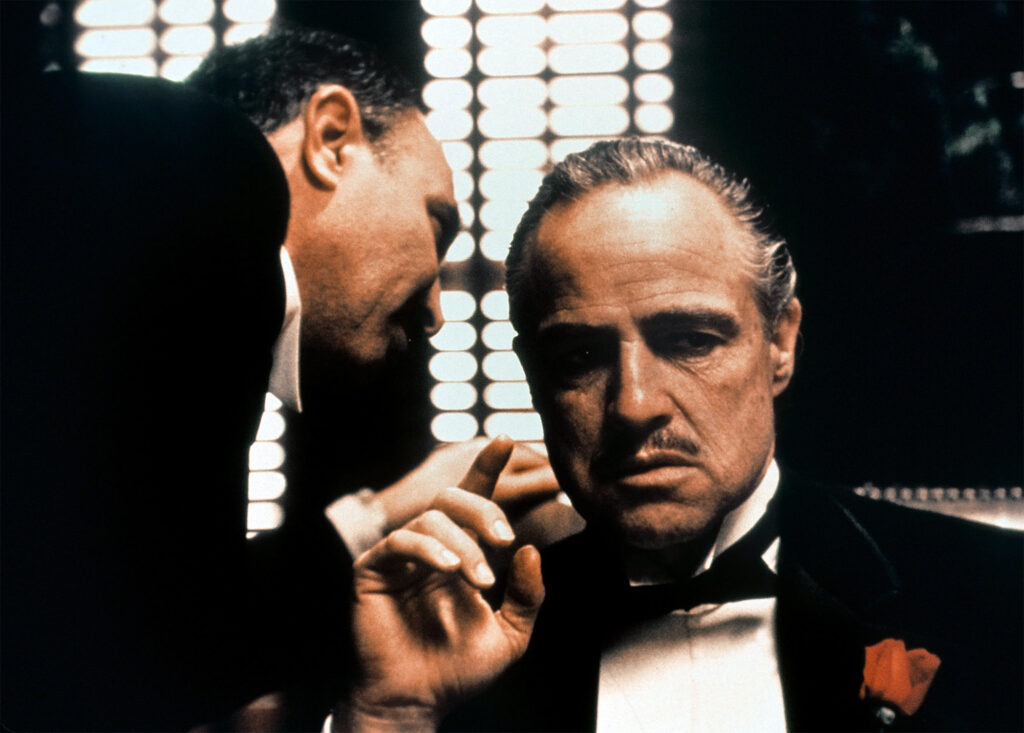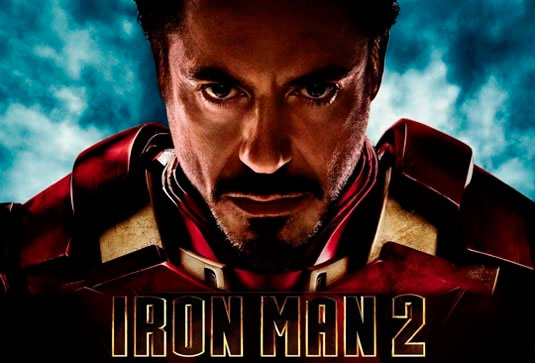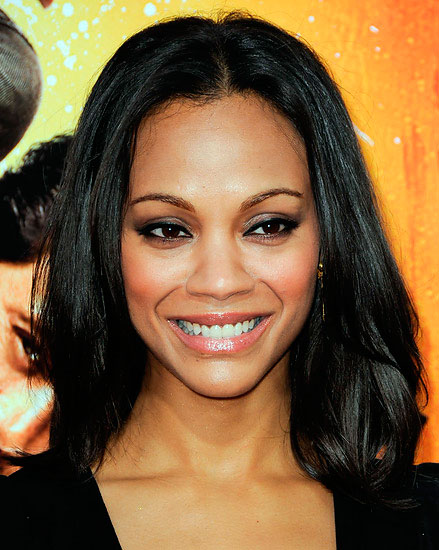In the world of Hollywood, typecasting is a topic that generates a diversity of opinions. It is a phenomenon where an actor becomes so strongly identified with a specific role or type of character that they become virtually synonymous with them, making it challenging for audiences to separate the performer from the persona. While typecasting might seem like a limitation, it can also act as a career booster for actors. On the other hand, it can be equally viewed as an artist’s nightmare.
Typecasting as a Career Booster
There’s no denying that in the unpredictable world of Hollywood, typecasting can offer a certain measure of security, longevity, and success. An actor recognized for a certain type of role gets more offers of the same genre, which keeps them in the public eye and secures them steady work.
Moreover, becoming synonymous with a particular character or genre can also lead to substantial financial gain. A prime example is actor Hugh Jackman, who became globally famous for his seventeen-year stint as Wolverine in the X-Men series. His Wolverine persona became so admired that it led to further opportunities inside and outside of the franchise.
Actors like Jackman, Robert Downey Jr. (Iron Man), or Johnny Depp (Captain Jack Sparrow) have successfully leveraged their typecast characters into profitable franchises, merchandising deals, and global fan-following.
Furthermore, typecasting can also offer a certain level of comfort. Sticking to a familiar type of role allows actors to refine their craft within a particular genre, improving their reputation and standing within the industry.
Typecasting as an Actor’s Nightmare
However, the proverb “familiarity breeds contempt” can also hold true in the context of typecasting. That’s because while typecasting can offer stability, it can curtail an actor’s range and limit their ability to explore different roles.
Many actors detest the idea of being pigeonholed into a certain character or genre, fearing that it limits their creative range and artistic growth. For these actors, the purpose of their craft is to explore the human condition through a multitude of characters and stories, which is stifled if they are chronically typecast.
Case in point is actor Leonard Nimoy, who played the unforgettable character Spock on Star Trek. Initially, he enjoyed the fame the role brought him, but later struggled to separate his identity from that of his Star Trek character, even penning a book titled “I am not Spock”.
Actors also fear that typecasting results in audiences and industry professionals being unable to disassociate them from their iconic roles, making it difficult to transition into different genres or character types.
A classic example is Daniel Radcliffe, who faced challenges distancing himself from the spectacled wizard Harry Potter. Despite demonstrating his broad range through stage performances and indie films, to some he will always be ‘the boy who lived’.
Additionally, typecasting can be particularly harmful when it’s based on harmful stereotypes or discrimination. Hollywood, unfortunately, has a history of typecasting actors based on their race, gender, age, or physical appearance that can perpetuate harmful stereotypes and limit the scope of roles available to these actors.
Conclusion
In conclusion, whether typecasting is seen as a career booster or an actor’s nightmare is largely situational and depends on the actor’s perspective. Some view it as a ticket to stardom and career longevity, while others see it as an artistic shackle. In the pursuit of a more diverse and representative Hollywood, industry stakeholders must actively fight discriminatory typecasting practices and support actors in their endeavors to explore a wider variety of roles and characters.




